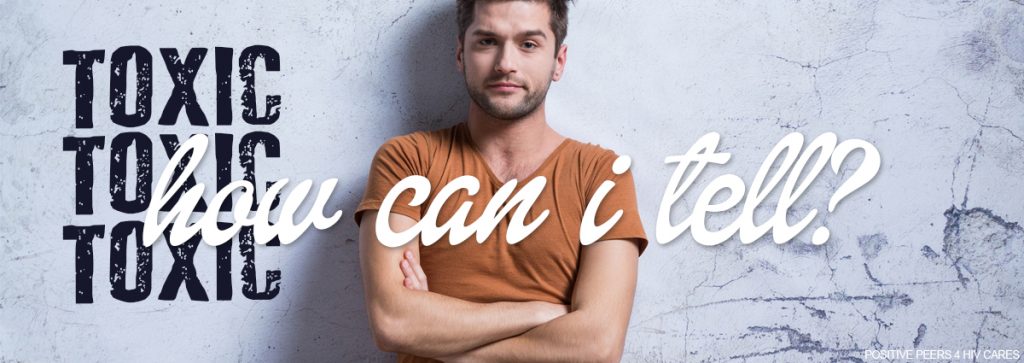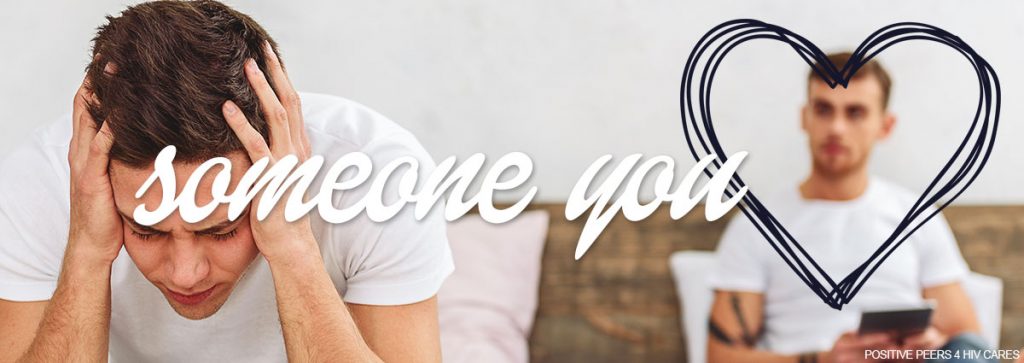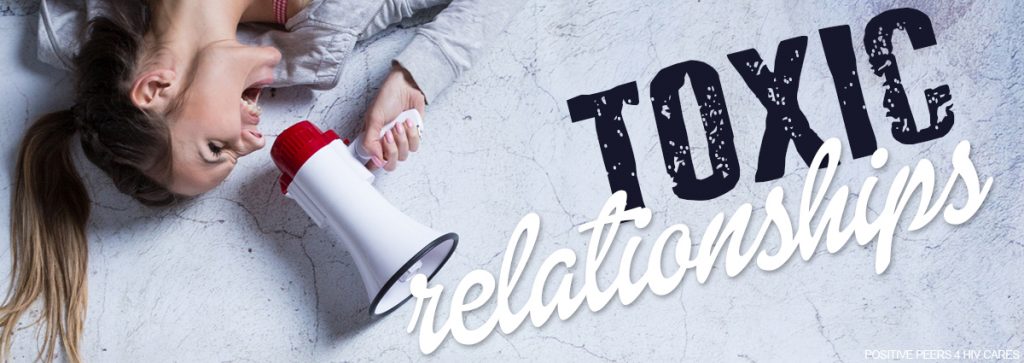
By: Jennifer McMillen Smith, LISW-S, HIV Social Worker at MetroHealth Medical Center and medically reviewed by Ann K. Avery, MD, Infectious Disease Physician at MetroHealth Medical Center
Learning to identify and deal with (or just avoid) toxic relationships is crucial if you are living a healthy, low-stress life with HIV.
Healthy relationships give you the support, confidence, and companionship you need to carry on. Toxic relationships turn your life into a minefield of doubt and drama, which can make it all too easy to get stressed out, fall off your meds, and let HIV turn loose inside you again.
The surest sign of a toxic relationship is feeling stuck, like you’ve got no choice but to put up with somebody’s BS, no matter how painful it is. Here are some examples:
- That one friend who insults you in front of everybody.
- The lover who always drags you into their drama.
- That family member who is always negatively butting into your life and incapable of keeping boundaries.
Healthy relationships are full of laughter, support, and mutual give-and-take. Toxic relationships are full of drama, manipulation, and put-downs. That doesn’t mean that healthy relationships are fun and lighthearted 100% of the time, but the majority of the time you spend in a healthy relationship should leave you feeling empowered and positive, not put down.
How can I tell if a relationship is toxic?
This is what a toxic relationship can look like:
- Cruel
- Selfish
- Humiliation
- Back-stabbing
- Devious
- Dramatic
- Abusive
- One-way
- Bullying
- Feeling drained when you spend time around the person
If you’re dealing with many or most of these qualities, you might be in a toxic relationship.
A toxic person is usually someone we love
It’s like this: Somebody who loves you with all their heart can still abuse, bully, humiliate, and drain the life out of you. Sometimes people use that love to make you feel like this behavior is acceptable, whether it’s your own parents, your oldest friend, or your partner.
Love can make it hard to recognize a toxic relationship and that makes it extra hard to get out.
People are who they are. They’re not toxic people — they just do toxic stuff.
Bullies find victims. Liars find trusting people. People project their own insecurities on to you.
It takes two to have a toxic relationship. One person does much of the damage, and the other person sticks around, always thinking it might get better. To be clear, it’s nobody’s fault if you’re in one. You just have to make up your mind what to do about it.
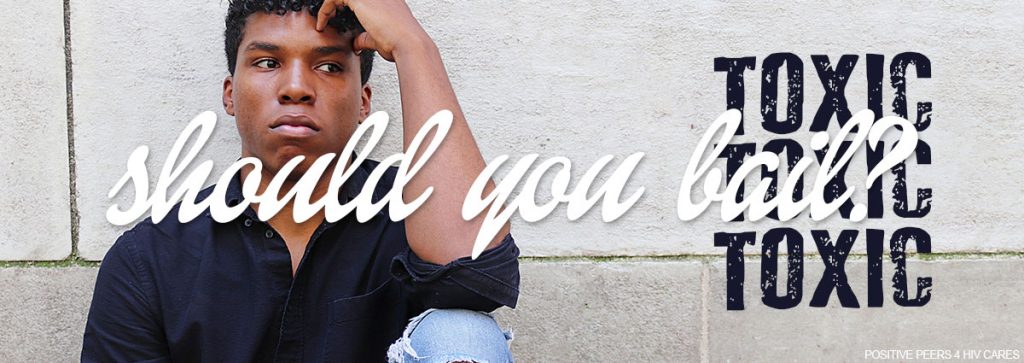
Should I bail on a toxic relationship right now?
At the end of the day, it’s totally up to you. Relationships are usually more complicated and not just black and white situations.
Many people might react to a friend’s toxic relationship by saying, “Just leave.” At the same time, leaving is much easier said than done. If you’re in a toxic relationship but you aren’t ready to cut them out of your life, that’s okay — we just want you to know we support you and want you to be the happiest version of you that you can be.
Come join our private, stigma-free, supportive community.
Health management tools with medication & appointment reminders.
Social networking in a community conversation & private chats.
Should I try to correct toxic behavior?
It could be worth a try. It’s perfectly OK for you to try to set boundaries with someone. You might want to follow the “three-strikes-and-you’re-out” rule.
Say your partner humiliates you in front of your friends at a party. They all laugh. You feel embarrassed. Later, you tell your partner, “I’m really not down with you talking about me that way.” You set the boundary that you deserve respect.
In a healthy relationship, they’ll apologize. But they might slip up and get toxic a second time. Then you call them out on it again. They should apologize again, and it should start to sink in that their behavior is out of bounds.
But if they get toxic on you three times, it’s a strong sign they’ll never change. You set the boundary, they continued to cross it, that’s when you’ve got a decision to make.
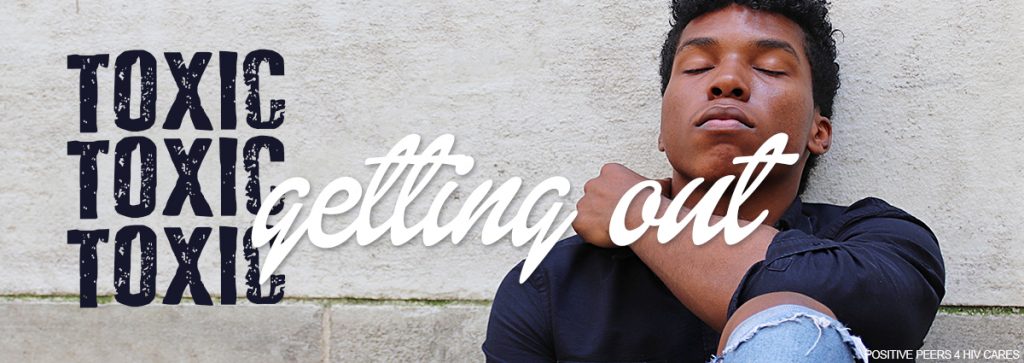
Getting out of a toxic relationship
If people are getting all toxic on you, they’re violating your right to have healthy, low-stress, loving relationships. You have no obligation to put up with the BS, no matter how much they love you or you love them.
Here are some signs you may want to cut people out:
- They can’t accept the word “no.”
- You can’t stand being around them.
- Their drama leaves you emotionally drained.
- You’re always trying to rescue them.
- They never stop picking on you.
- They never say sorry or at least don’t mean it
Sometimes, as hard as it seems, you may want to shut the relationship down. You may want to leave your manipulative partner or stop talking to the friend who’s more trouble than he’s worth.
Family members are the toughest. Some parents cannot treat their kids right and accept them for who they are. No matter what you do, it never gets better to them.
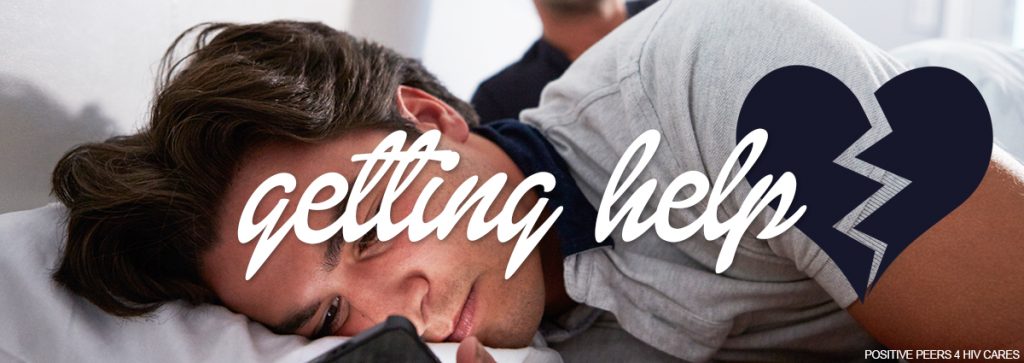
Getting help when you want to get out
Talk to your support group, counselor, or a trusted friend/family member who can give you objective advice.
Explain to them that you need their help and support to get through this. Sometimes just asking for help — and getting it — can give you the confidence you need to carry it through.
Nobody has a right to drag you into their drama. They have no right to disrespect, insult, or constantly nag you to live up to their expectations.
Related Blogs:
